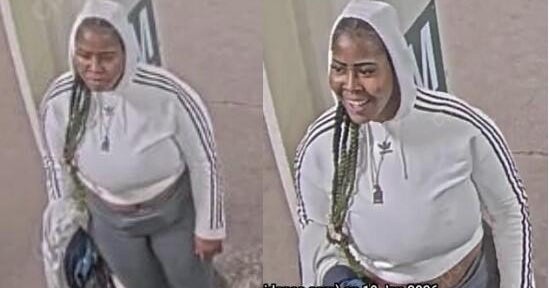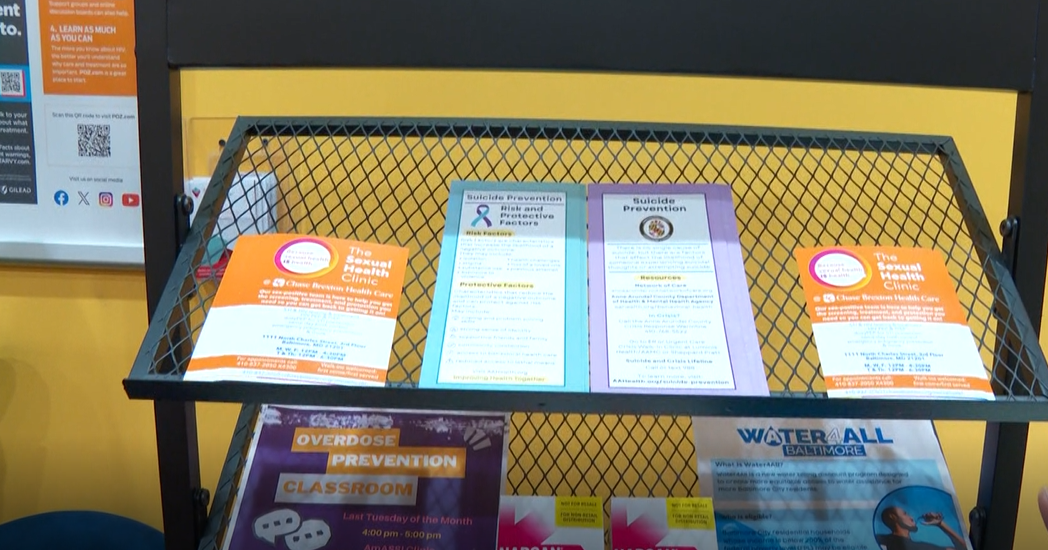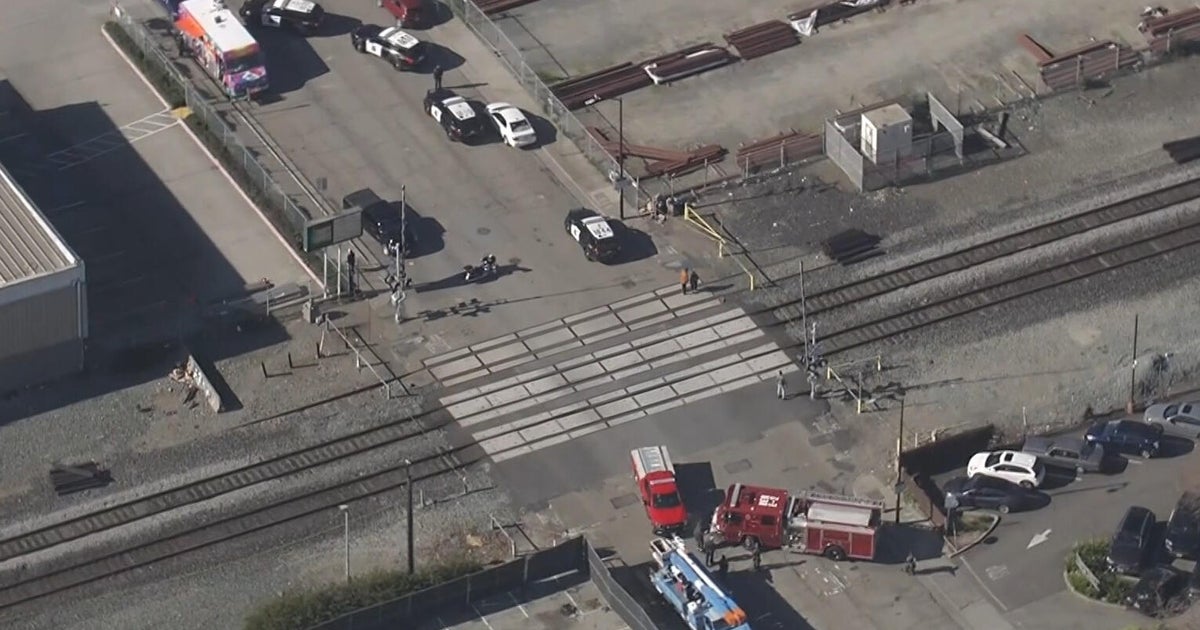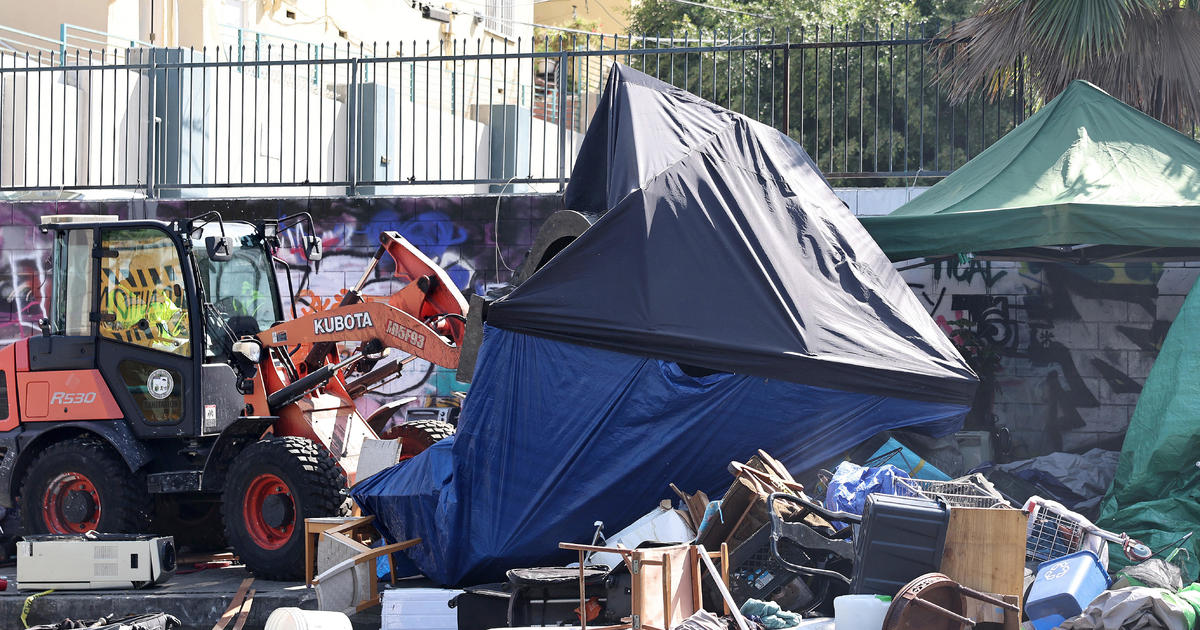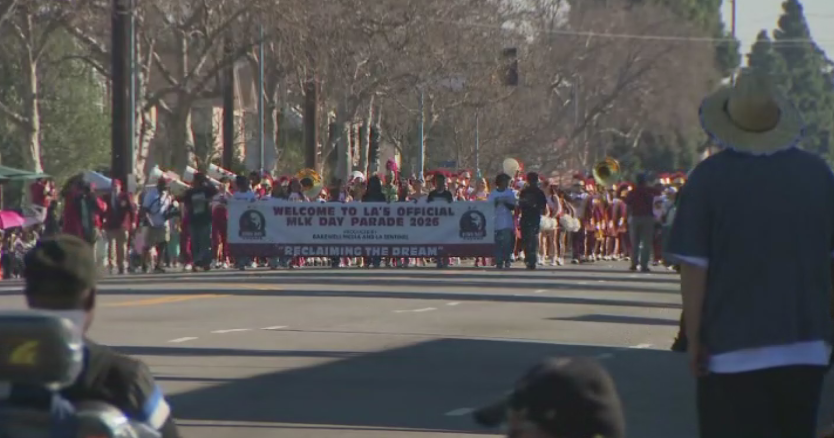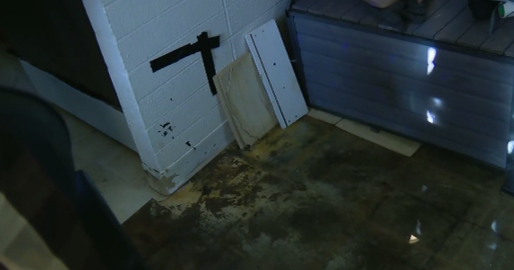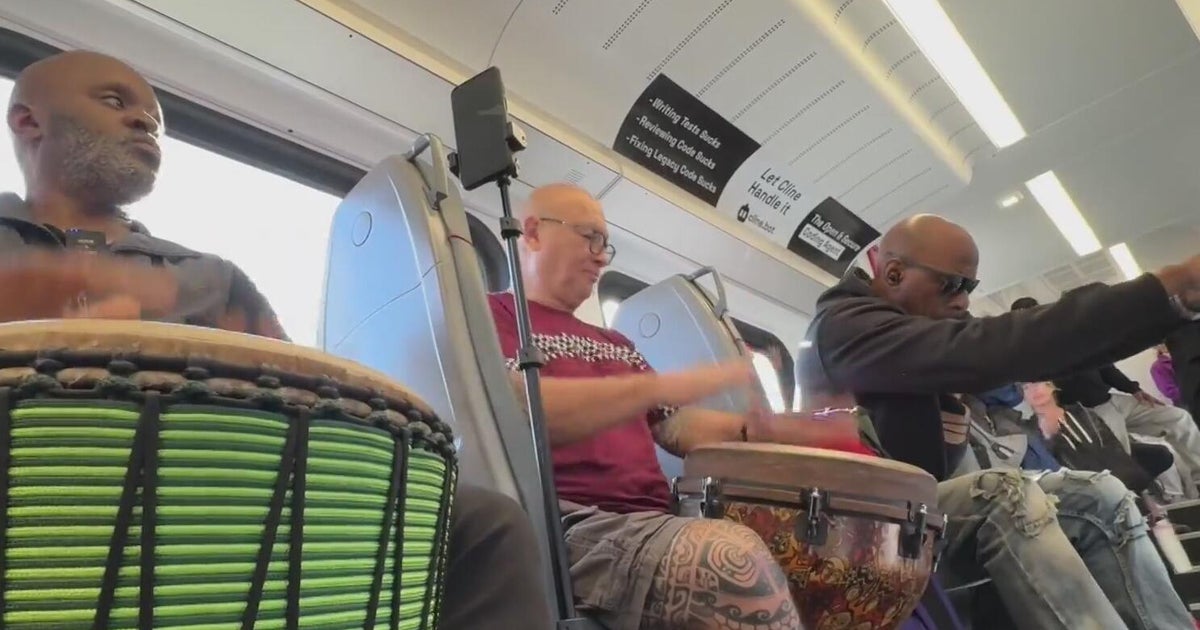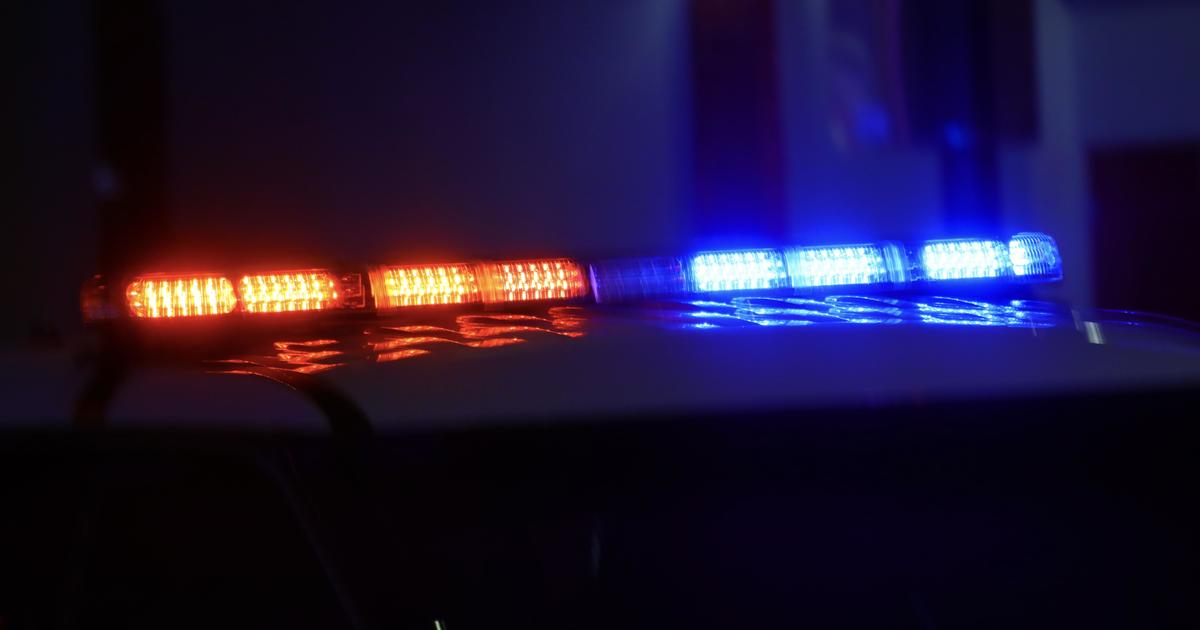MTA Chairman Warns Of Dire Consequences If Funding Isn't Found For Transit Improvements
NEW YORK (CBSNewYork/AP) -- More subway delays and crowded trains? That could be the future for New Yorkers if lawmakers don't agree on how to pay for improvements to the city's aging mass transit system.
Metropolitan Transportation Authority Chairman Thomas Prendergast said he rides the subway with some frequency and he's noticed the increase in crowded trains too, 1010 WINS' Carol D'Auria reported.
"If you want to go down to a very crowded line like the Lexington Avenue line at Grand Central or 14th Street, maybe two, three years ago you wouldn't get on the first train, but you'd probably get on the second train," the chairman said. "Now, it may take you three or four trains."
Crowded Trains Could Persist If MTA Funding Sources Aren't Found
Prendergast said that's the impact of 6 million people riding the subway system in a single day.
Two years ago, there was only one day a year when ridership would hit 6 million people. Now, according to Prendergast, there could be 26 or even 29 days a year when it hits that number.
The MTA's five-year capital budget plan was a topic of discussion at the agency's board meeting on Wednesday. The $32 billion plan will fund critical improvements to the city's subways, buses and trains. But the MTA has only identified funding sources for half of that budget.
Politicians and policymakers are divided over how to come up with the remaining $15 billion needed to fund the plan. Gov. Andrew Cuomo, who controls the MTA, has described the capital plan as "bloated.''
But the general consensus among transportation experts is that the price tag actually isn't high enough to cover the massive amount of work that needs to be done.
Experts say the city's aging trains and buses, which already lag far behind other global metropolises, will deteriorate considerably if the transit authority is unable to digitize a century-old subway signaling system, replace miles of subway tracks and cars and fix tunnel lighting, among many critical repairs. It also won't be able to forge ahead with major projects, such as the new subway line that will run along Second Avenue.
"If it doesn't happen, we're going to go back to where we were in the '80s, with trains falling apart, bridges falling apart, just the system collapsing. We came to a near collapse in the '80s," Lee Sander, who led the MTA from 2007 to 2009, said last month. "And what will also occur is that we won't have relief for the crowding on the Lexington Avenue subway if we don't continue with Second Avenue."
If the budget debate isn't resolved 18 months from now, the agency could be forced to refund money to contractors on expansion projects like the East Side access project -- which will connect the Long Island Rail Road to Grand Central Terminal -- and the Second Avenue subway line project, Prendergast said at the meeting Wednesday.
"A year or two, we're OK,'' Prendergast said. "But as you start to get down that path, we get to the point where we don't have that money, we can't award design contracts, we can't award construction projects.''
But Prendergast said the agency has never found itself in that position before, and he doesn't expect it will happen this time around.
Cuomo's office declined to comment on how the governor believes the budget ought to be funded. None of the options are politically popular: raising taxes, tolls or fares, for example. Funding also could be diverted from other state projects and funneled toward transportation.
Mayor Bill de Blasio also weighed in on the funding crisis in Albany on Wednesday, calling the MTA's capital plan "woefully underfunded.'' The mayor criticized Cuomo's current contribution of $750 million toward the budget, saying it does not begin to address the transit authority's critical needs.
The most fully formed alternative funding plan was announced last week by a coalition spearheaded by former transportation commissioner Sam Schwartz, known as "Gridlock Sam.''
The group proposed implementing tolls for all cars that cross 60th Street in Manhattan and the free bridges spanning the East River. That plan was endorsed by several local politicians and major transportation groups, but notably did not receive support from either the governor or de Blasio.
"We cannot ask riders alone to sustain the system with fare increases,'' de Blasio said.
The MTA has cut $1.1 billion from its annual spending, with more cuts planned every year to bring annual savings to $1.6 billion by 2018, said MTA spokesman Kevin Ortiz.
For subway riders, perhaps the most important improvement included in the capital plan is the installation of communications-based train control system on several subway lines, which will effectively digitize the trains. That means they'll be able to run much closer together and more efficiently, rather than stopping and waiting for other trains to pass ahead of them.
"I ride the R train regularly. If this capital program passes, I'm gonna get a shot at getting those countdown clocks (that offer next-train arrival times), so I don't have to sit on the platform and wonder when the train is going to come,'' said Gene Russianoff, staff attorney for the Straphangers Campaign. "Less crowding, more reliable service, more information -- that's what's at stake.''
Trash Troubles A Thorn In Subway Riders' Sides
Another problem plaguing the subway system is the trash at highly congested stations.
1010 WINS' John Montone did a little trash talking with city commuters who pointed to several factors.
"The MTA took out a lot of the garbage cans," said Leo, who commutes daily from the Bronx to Brooklyn. (And you think this causing part of the problem?) Of course. If there's no place to put your trash, they're not gonna carry it with them."
But Rajah said it's the riders who litter, not the MTA.
"If people want to keep everything clean and nice, it depends on them. The MTA can't do anything," he said.
One Brooklyn woman said she's seen people right near a trash can throw their garbage on the ground.
(TM and © Copyright 2015 CBS Radio Inc. and its relevant subsidiaries. CBS RADIO and EYE Logo TM and Copyright 2015 CBS Broadcasting Inc. Used under license. All Rights Reserved. This material may not be published, broadcast, rewritten, or redistributed. The Associated Press contributed to this report.)
